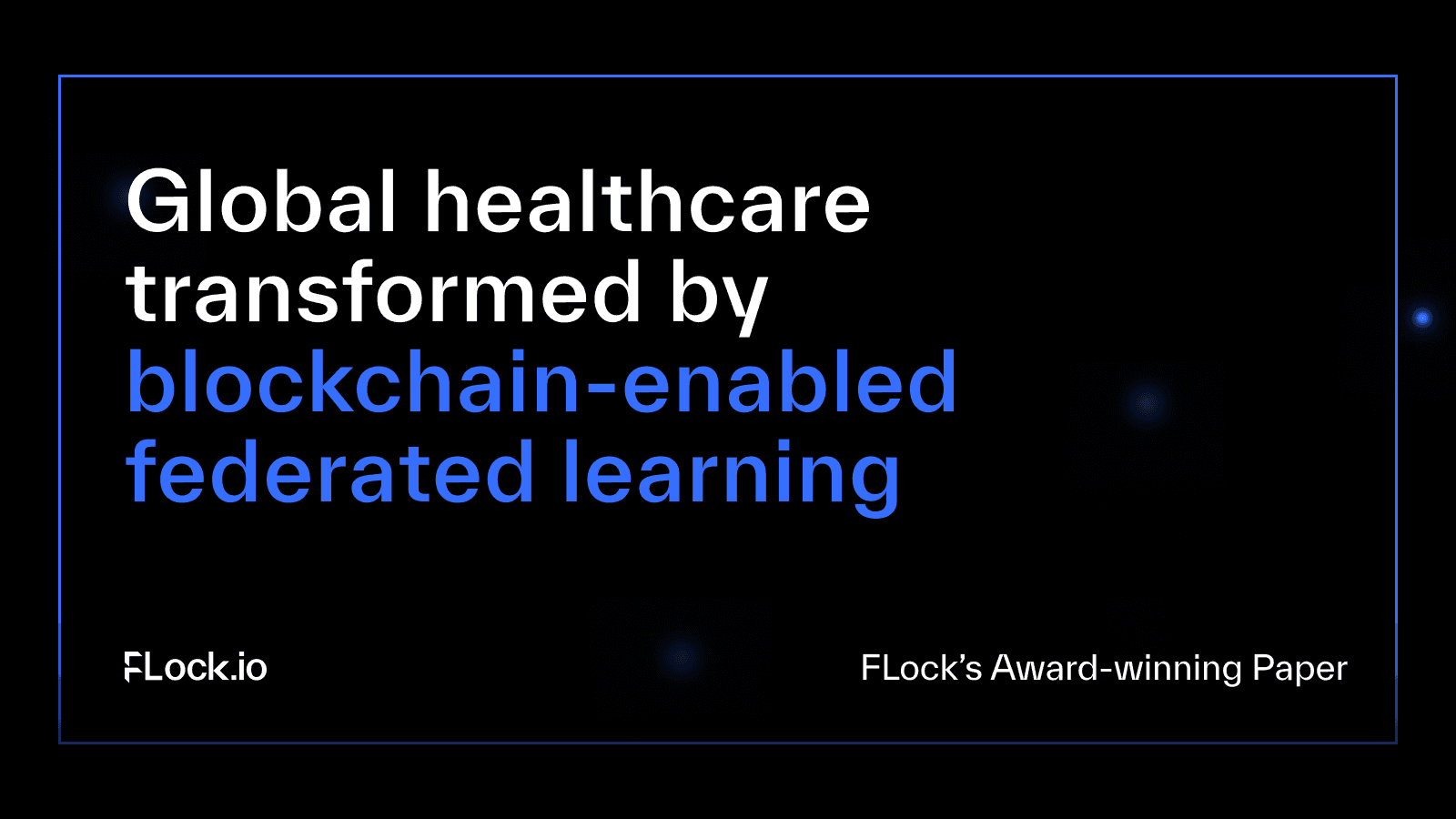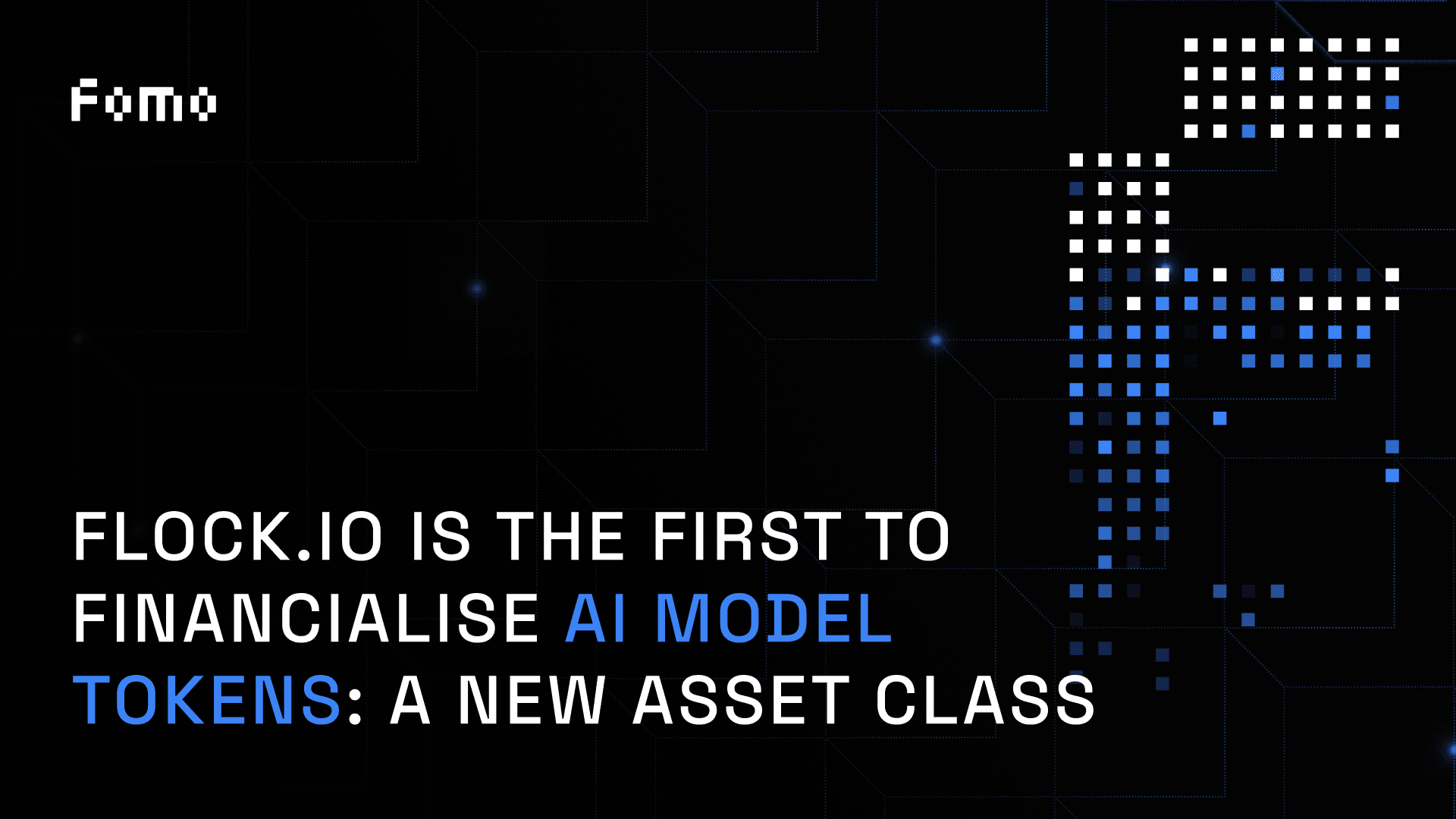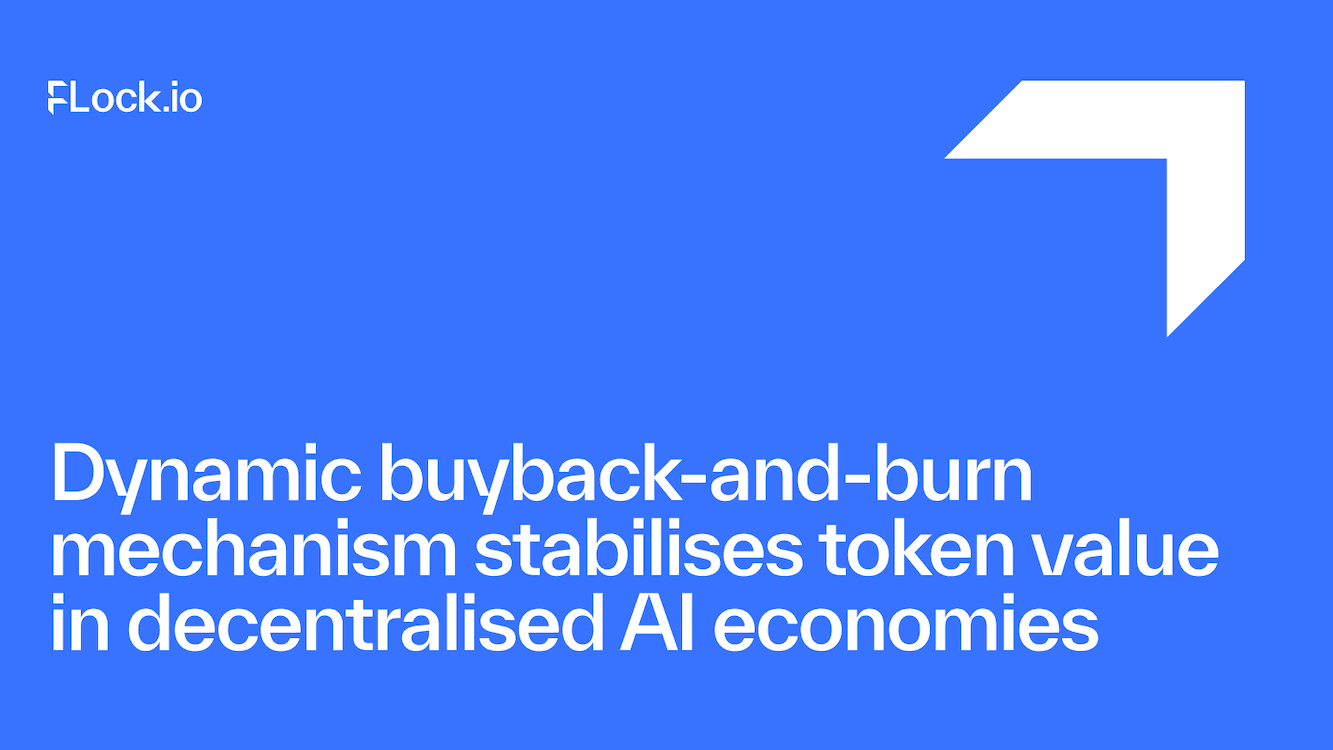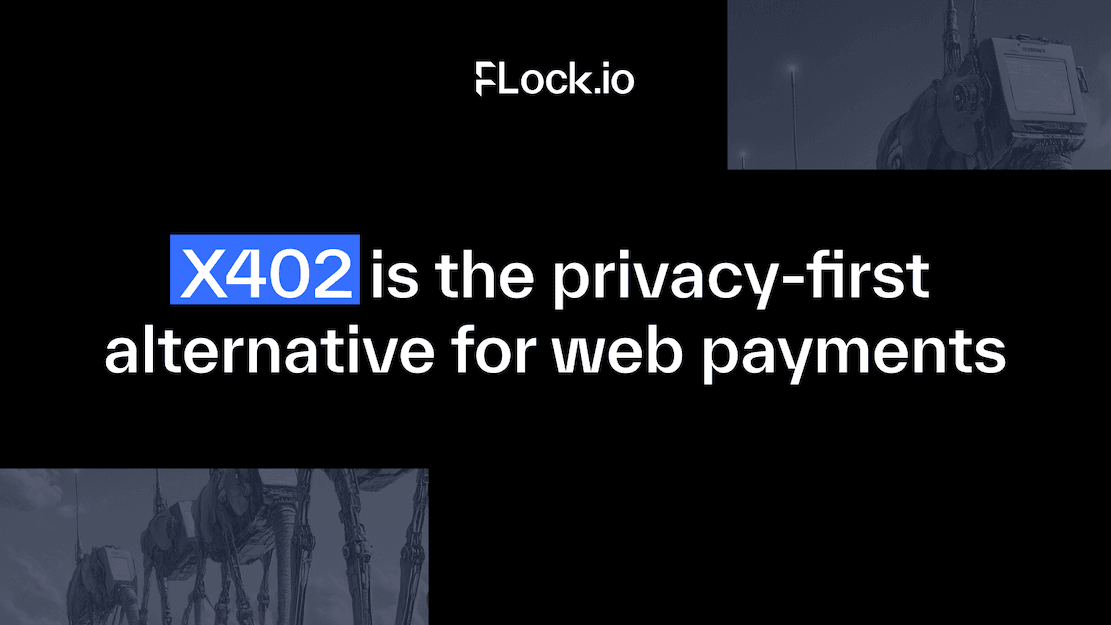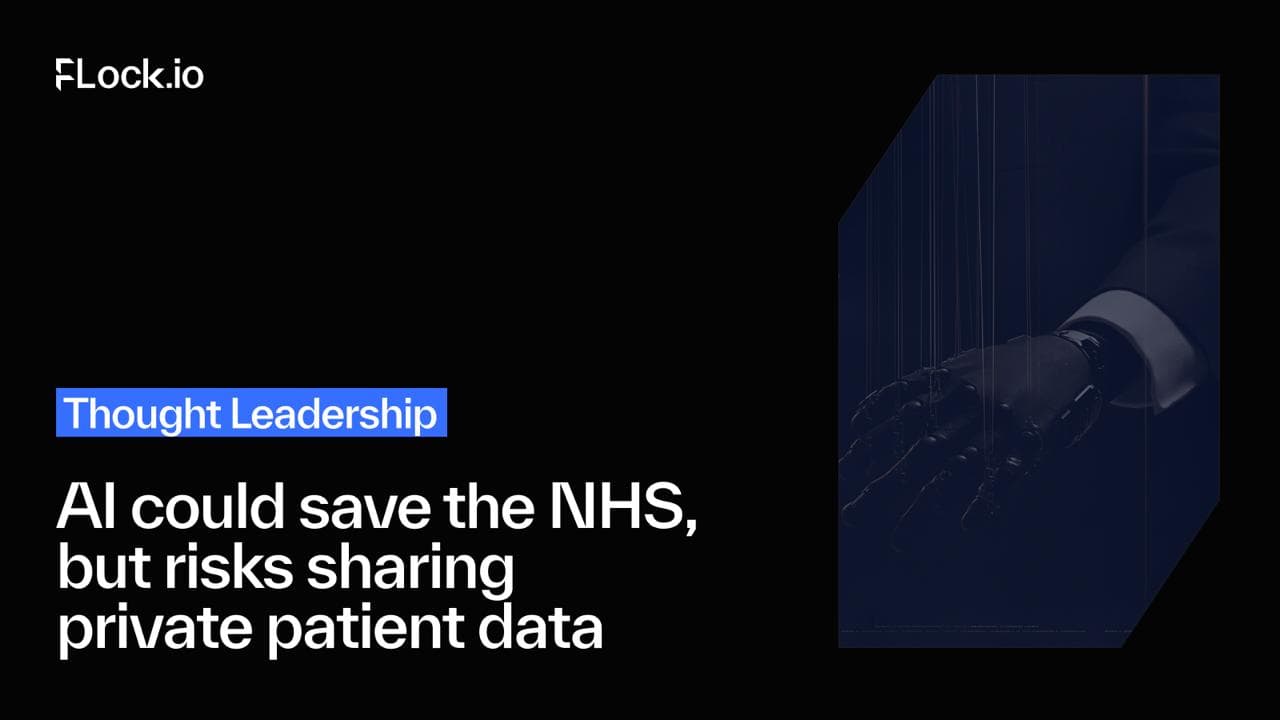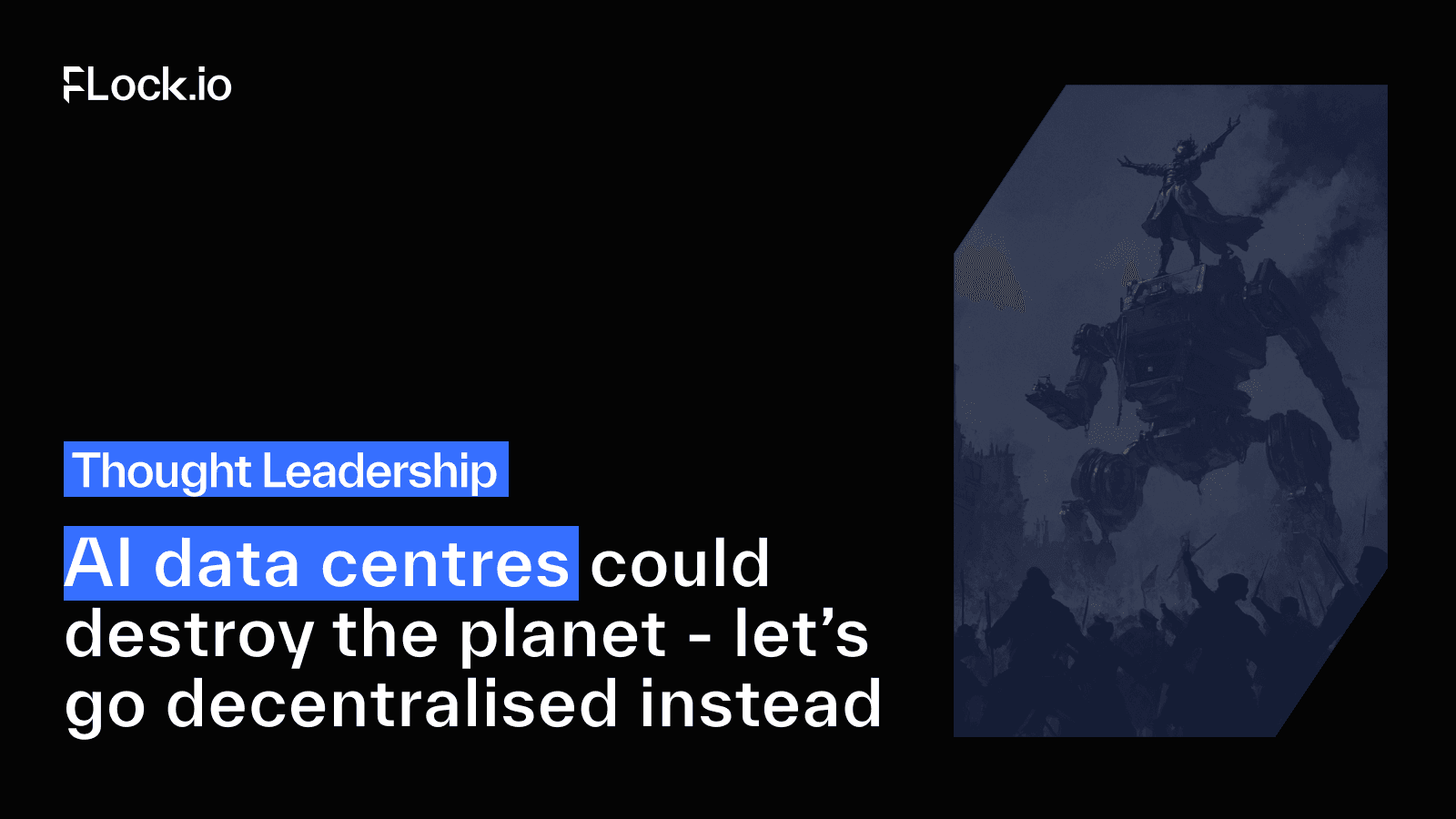At FLock, we believe global healthcare is due for a shake-up by blockchain-enabled federated learning (BCFL). We’re so sure it can break data silos that we authored an award-winning paper on the topic.
Our paper is titled “Multi-Continental Healthcare Modelling Using Blockchain-Enabled Federated Learning”. We propose a framework using datasets from Europe, North America and Asia, and try it out on glucose management, to tackle how the issues of data privacy are holding back AI development.
FLock was delighted to receive the Best Application Award at the IEEE Global Blockchain Conference.
The biggest headache in healthcare AI is data
Data-driven machine learning has catalysed breakthroughs in a multitude of fields, but in healthcare it has been much slower. Healthcare data has unique challenges – it’s private, sensitive and fiercely protected (for good reason), and you need to collect heaps of it.
Things are looking up. A recent survey showed that 75% of the public in the UK are open to sharing some health data to improve NHS AI systems.
That’s promising, but getting hold of data in reality still means navigating endless regulations, slow approvals, borders, and institutions treating their data as a proprietary resource.
For example, in the study of chronic diseases, researchers must establish partnerships with hospitals, private companies, or public authorities.
Blood glucose level prediction (BGLP) case study
In our paper, we decided to focus on blood glucose level prediction (BGLP) as a proof of concept. But the same approach could work for a whole shopping list of chronic diseases and healthcare challenges.
BGLP is about predicting a patient’s future glucose levels using current and historical data — think continuous glucose monitors (CGMs), meal logs, insulin doses, and daily routines. But because glucose dynamics are so personal (your body’s reaction to a late night snack isn’t mine), each model needs to learn individual quirks.
To truly unlock the power of population-level AI models, we need a global, collaborative framework where patients, hospitals and organisations can all pitch in to model training – all while keeping their private data safe and sound.
Federated learning for healthcare
With FL, each participant (e.g., a hospital or an individual) retains control over their own data. Only model updates, such as gradients or learned parameters, are shared centrally, without transmitting any personal or sensitive data.
You get the benefits of a big collaborative model, but no one has to surrender their private data.
Combining blockchain and FL to make BCFL
By combining blockchain with FL (BCFL), we get an immutable ledger, recording transactions and models exchanged across the distributed nodes participating in the federated learning process.
Blockchain’s decentralised nature allows for a trustless system where no single entity has control over the entire dataset or the learning process, thereby mitigating risks associated with centralised data storage and processing.
Moreover, the use of smart contracts automates the process of data sharing and model updates in FL. The inherent incentive mechanisms reward honest participation and penalise malicious activities, further enhancing the security of FL systems.
Our multi-continental BCFL glucose modelling experiment
We built the Multi-Continental Glucose Prediction (MCGP) framework to test how it would work in the real world. The idea is that hospitals across Europe, North America, and Asia can work together on a glucose prediction model without sharing patient data directly.
Each hospital trains its own model on local data, then shares updates to improve the global model. Blockchain keeps everyone honest and rewards contributions, ensuring data silos don’t stop progress.
In privacy-sensitive fields such as glucose management, FL can break down data silos among hospitals. Each patient has unique characteristics; for instance, insulin levels can vary significantly in response to eating, drinking water, and insulin injections.
Each hospital’s prediction model needs to learn these personalised features to provide timely and accurate blood sugar predictions for new patients. FL enables hospitals to collaboratively enhance their models by sharing knowledge, leading to improved patient care without compromising data privacy.
What’s next?
Future work will focus on extending the framework to other chronic diseases, enhancing privacy with differential privacy techniques, and improving computational efficiency.
About FLock.io
FLock.io is the first DeAI training platform, combining FL and blockchain to revolutionize AI development. It enables secure, privacy-preserving training without centralising data, allowing communities to collaboratively create, train, and own AI models.
Our ecosystem includes:
- AI Arena: A competitive playground for model training.
- FL Alliance: A collaboration framework that balances model improvement with data sovereignty.
- Moonbase: A reward layer to incentivise contributions.
